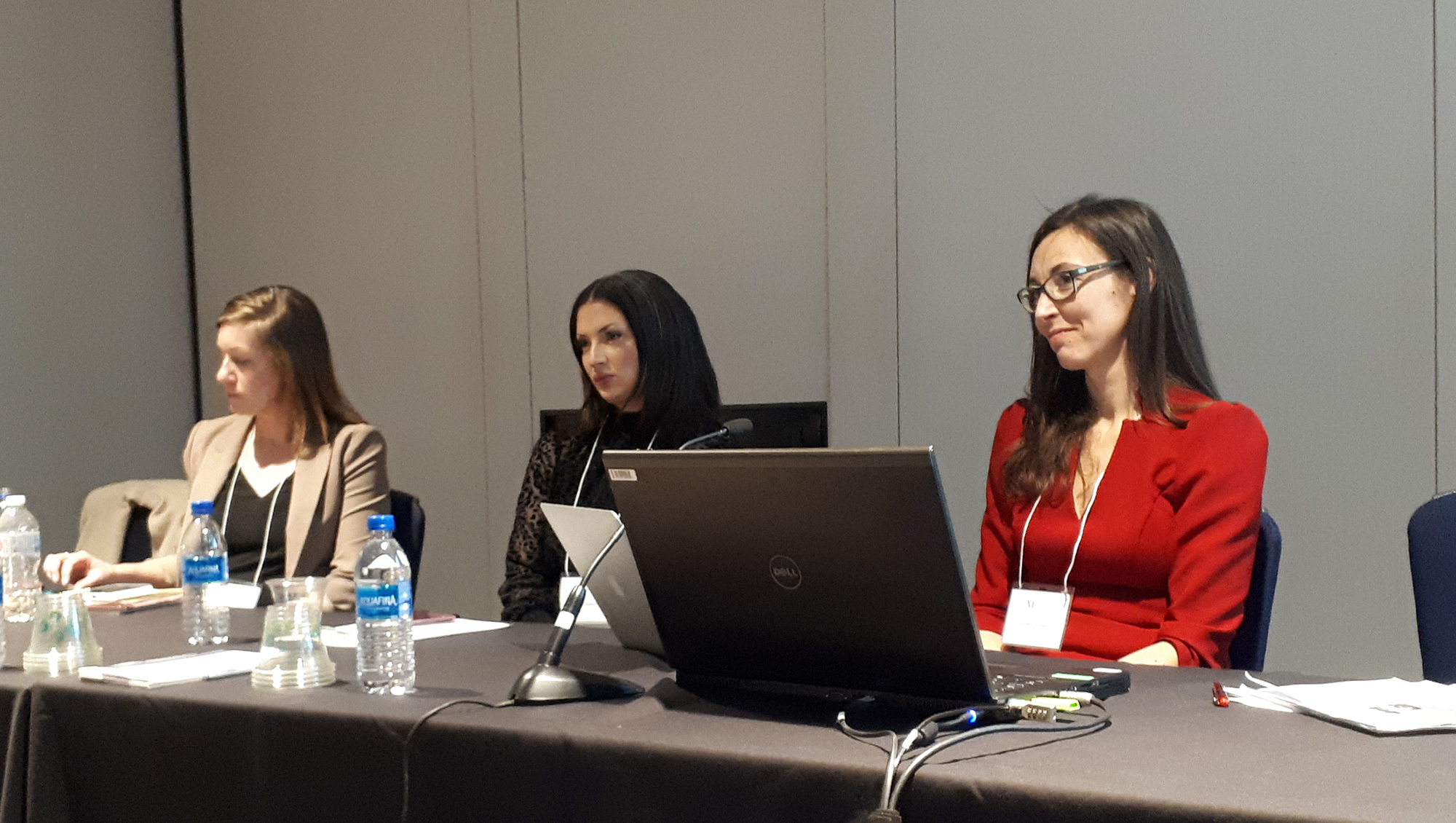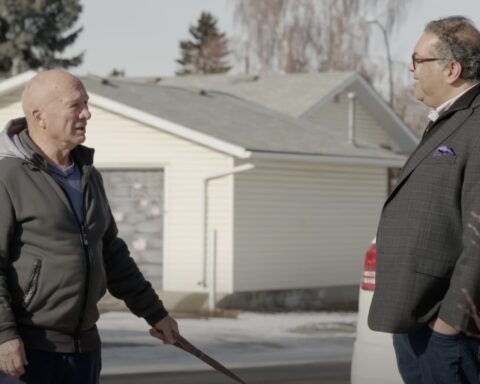As Canada prepares to bring in record numbers of immigrants over the next few years, channelling some towards rural areas, experts say capacity building and resources are urgently needed to help residents and service providers better understand their unique needs.
Targeted resources, programs and policies are critical, Ginette Gautreau, executive director of the New Brunswick Multicultural Council (NBMC), said during the 24th Metropolis Canada Conference in Vancouver, British Columbia, on March 24. The NBMC is an umbrella organization consisting of 17 member agencies including 14 settlement agencies and three provincial rural agricultural associations.
“Because what works in the open market in urban centres and when you have a large number of clients does not work in rural communities,” she said as a part of a panel discussing the challenges settlement service providers in Atlantic Canada are facing as well as the steps they are taking to better serve newcomers.
Leesha Kanbour is manager of engagement, research and policy at the Alberta Association of Immigrant Serving Agencies (AAISA). She said research on rural settlement systems shows that although small centres may be interested in attracting newcomers, they may not have the resources to do it or the settlement infrastructure to support and retain them.
For example, given the declining population and significant gap in people exiting versus entering the labour market in New Brunswick, the province had been asking for a specific program directed toward the Atlantic provinces, says Gautreau. The government responded by creating the Atlantic Immigration Program in 2017.
The program incentivizes newcomers to settle in the province by providing a pathway to permanent residence for skilled foreign workers and international graduates from a Canadian institution. It also incentivizes employers to look to immigration as a potential source of growth for their industries.
But settlement in the province presents multiple challenges, says Gautreau.
Building awareness and networks of support
Lack of infrastructure is a major concern in New Brunswick. There are shortages of affordable housing, public transportation, school and childcare spaces, formal language training classes, access to high-speed broadband internet, and sports and recreation opportunities.
“What can newcomers do when they arrive in communities?” asks Gautreau. “There are no gyms …. How [can they] play hockey? How do they connect with people around the community?”
Before the Syrian refugee resettlement in 2016, immigration was a “back of mind issue” for many in New Brunswick, Gautreau says.
That has begun to change — gradually.
In 2018 and 2020, for instance, the NBMC conducted a public awareness campaign called New Conversations, which Gautreau says has helped shift the dialogue “away from the ‘grateful immigrant’ (and) … ‘immigrants are here stealing our jobs’ to ‘we know we need immigrants and want to welcome them but let’s get into action.’”
Additionally, given how relatively new settlement service providers are in rural areas, there are big gaps in their knowledge of the work, says Gautreau, and a sense of competition among them often leaves them operating in silos.
To combat this, the NBMC has developed a network of seven sites known as the Rural Settlement Network (RSN), which is eligible for government funding and allows it to better coordinate efforts.
“It’s really about lifting the boat for everybody and looking at building capacity around the province and creating more shared knowledge and collaboration across the sector,” Gautreau says.
“It’s not free of challenges. Every organization still operates differently. Getting away from this mentality of ‘my organization, my funding, my staff,’ to wanting to fly with others is always going to be a challenge in the nonprofit sector.”
NBMC is now launching a client relationship management system across the province to compile data from 14 independent settlement agencies to paint a coherent picture of client service and make it more consistent.
While Gautreau remains excited about the collaboration and its potential to develop housing solutions in rural communities, she cautions that the capacity in rural initiatives is still new and there needs to be ongoing investment to properly develop it.
Empowering newcomers
Jennifer Freeman is the executive director of PeaceGeeks, a non-profit technology organization that has conducted extensive research into how technology and innovation can best be leveraged to help newcomers. After the pandemic began, the focus was expanded to small and rural centres. She says she would like to see more being done to empower newcomers as “the agents of innovative practices and drivers of their own settlement dreams.”
This view is reflected in a quote from one of the research participants:
“Newcomers demonstrate courage, resourcefulness, innovation, adaptiveness and resilience in their journeys. They are selected for these qualities, yet when they arrive here, they are treated as incapable.”
In Freeman’s view, the best practices in innovation demonstrated by small centres need to be highlighted in a national conversation so that bigger centres can learn from these initiatives.
PeaceGeeks has also recommended the creation of a National Small Centre Working Group composed of government and settlement sector representatives from all regions.
Municipal governments also play an important role, adds Kanbour, and need to collaborate with the settlement sector to leverage existing community infrastructure. This would also create the potential to tap into diverse funding sources to mitigate capacity challenges.
Ultimately, for Freeman, only more “radical collaborations” – meaning whether agencies provide assistance themselves or through referrals to others – will help see newcomers “thriving in those environments.”
“Trust is essential for people coming from places of low trust,” she says. “And it’s a real shift when they know that they can trust community and services… to see responsiveness from service providers always willing [and] able to adapt [and] meet the needs that emerge.”
Daniela Cohen is a freelance journalist and writer of South African origin currently based in Vancouver, B.C. Her work has been published in the Canadian Immigrant, The/La Source Newspaper, the African blog, ZEKE magazine, eJewish Philanthropy, and Living Hyphen. Daniela's particular areas of interest are migration, justice, equity, diversity and inclusion. She is also the co-founder of Identity Pages, a youth writing mentorship program.





